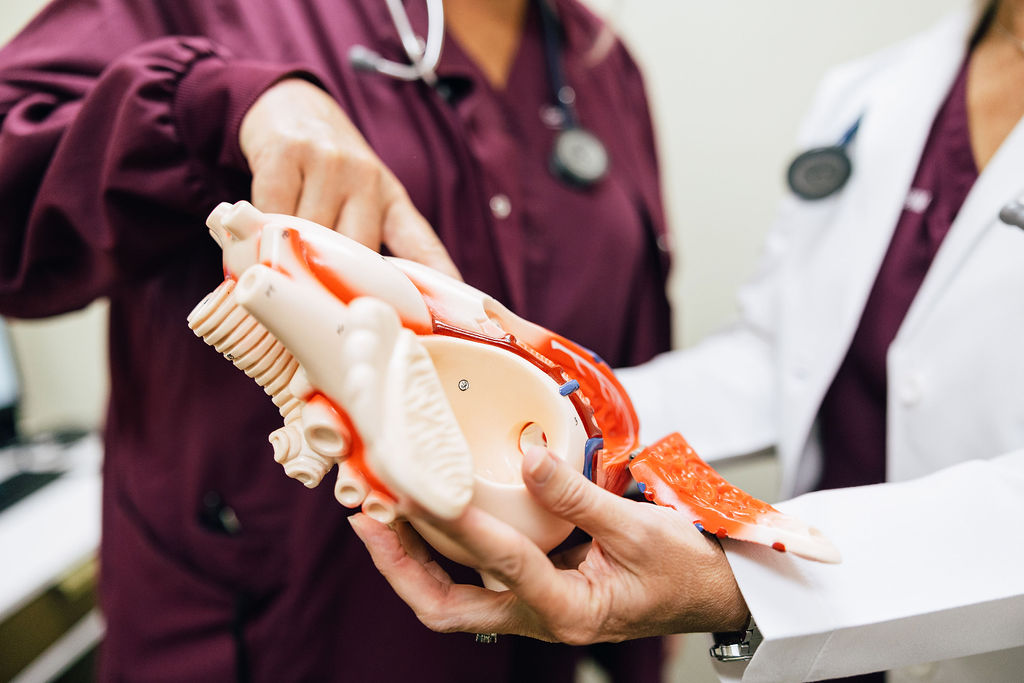Tricuspid regurgitation is treated based on the severity of the condition. For some patients, symptoms may be well-managed with medications such as diuretics, although these medicines will not treat the underlying condition. For others whose TR and associated symptoms are more severe, surgical treatment may be needed to repair or replace the damaged valve.
CIS physicians are currently part of evaluating new therapies which are currently in research trials to evaluate the effectiveness of other TR treatments for high-risk patients. These include protocols evaluating repair of the tricuspid valve using trans-catheter tricuspid repair, as opposed to the traditional open surgical approach.
If you suffer from tricuspid regurgitation, it is important that you understand both the severity of your condition and your treatment options. The cardiologists at Cardiovascular Institute of the South can help you better understand the nature of your condition and which therapies may be best for you.
